
Economic & Political Weekly enjoys a global reputation for excellence in independent scholarship and critical inquiry.
Subscribe here: https://t.co/5Hl5mVBmAg
How to get URL link on X (Twitter) App


 In this 1989 Discussion piece, Ashok Rudra argues against the anti-theory bias of Indian Women Studies, noting most books do not reveal any deep understanding of the complex problems that are required for comprehending the feminine condition.
In this 1989 Discussion piece, Ashok Rudra argues against the anti-theory bias of Indian Women Studies, noting most books do not reveal any deep understanding of the complex problems that are required for comprehending the feminine condition.

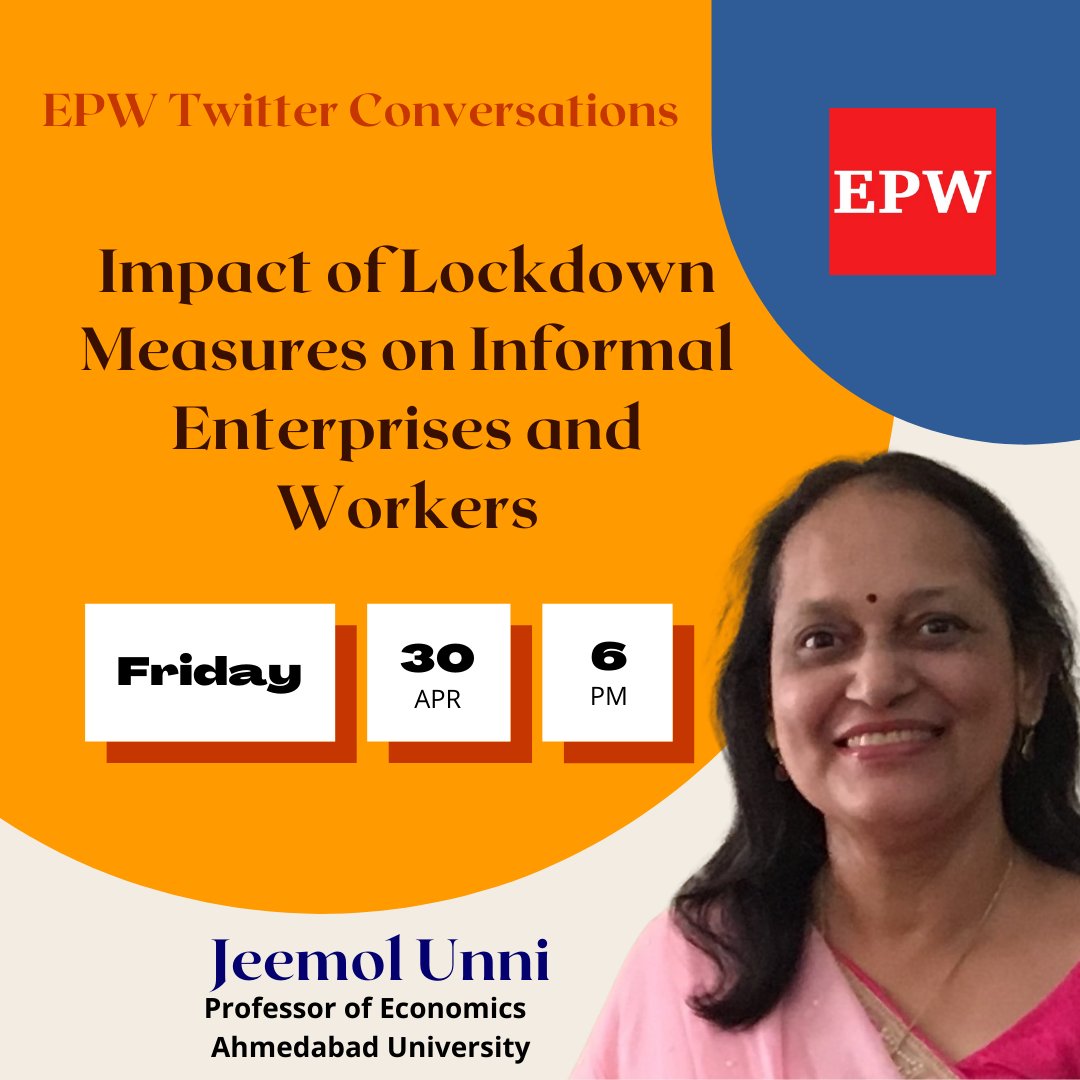
 We are currently in the midst of the second wave of #COVID19 in India. People and the government are struggling with the public and private health system caving in.
We are currently in the midst of the second wave of #COVID19 in India. People and the government are struggling with the public and private health system caving in.
 The fear of contagion ignited by #Covid19 has renewed old associations between dirt, disease, and particular communities.
The fear of contagion ignited by #Covid19 has renewed old associations between dirt, disease, and particular communities.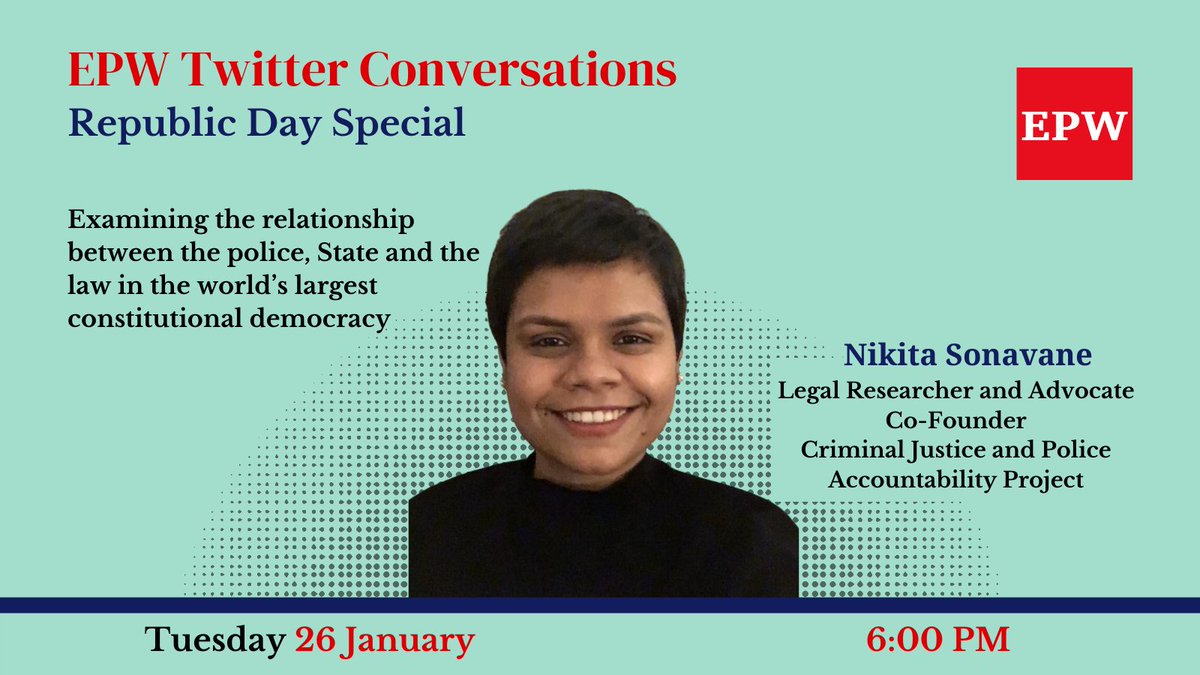
 On #26January, 2021, the Indian republic completes 71 years since its formation; against the background of a global pandemic that has starkly exposed its fault lines. | @glorious_gluten
On #26January, 2021, the Indian republic completes 71 years since its formation; against the background of a global pandemic that has starkly exposed its fault lines. | @glorious_gluten


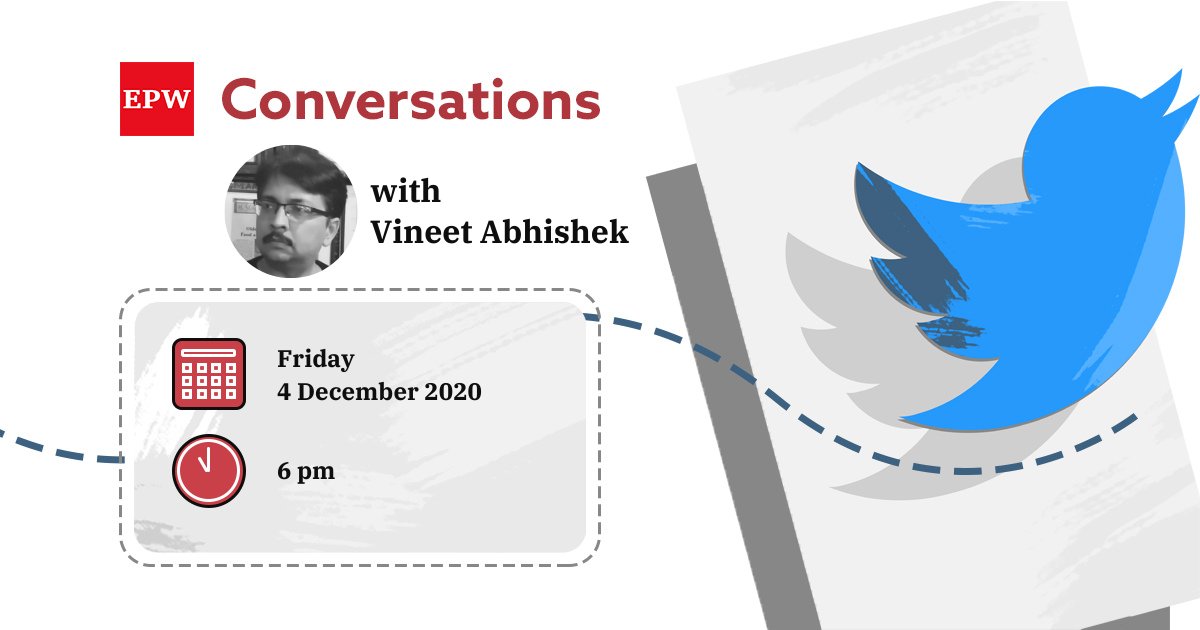
 Our cities happen to be the places where distortions of development are amplified and more visible. Transport and urban equity is one major indicator to assess this distortion. One class of cities (particularly, metropolitan cities) gets priority over the smaller cities and towns
Our cities happen to be the places where distortions of development are amplified and more visible. Transport and urban equity is one major indicator to assess this distortion. One class of cities (particularly, metropolitan cities) gets priority over the smaller cities and towns

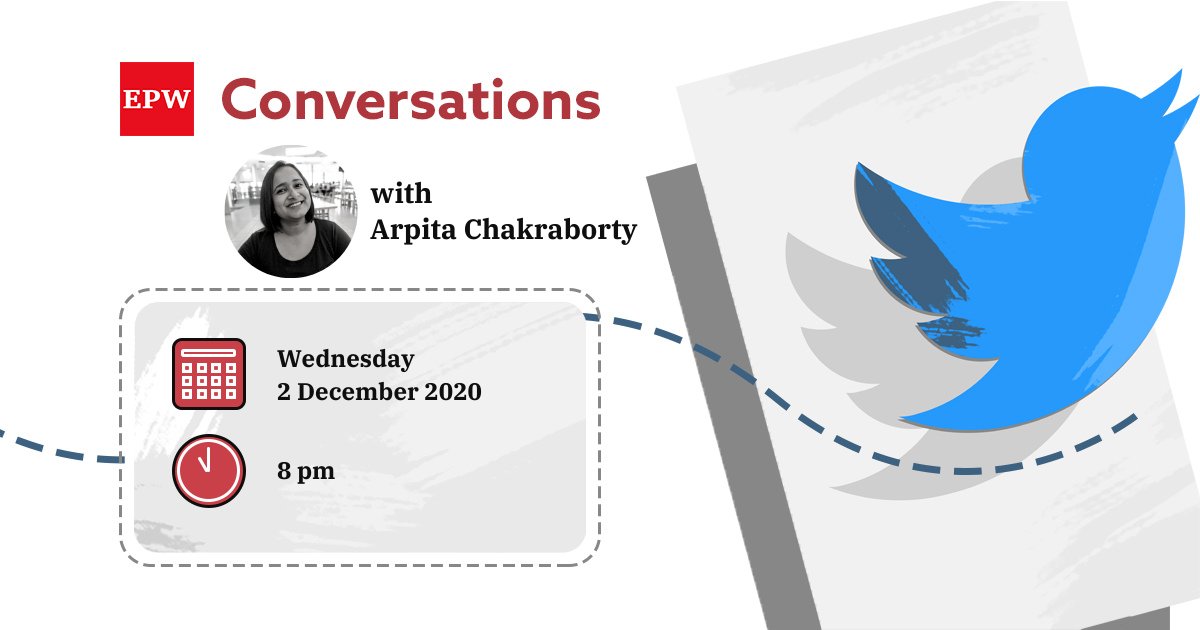
 What does the discipline of international relations (IR) look like from the personal perspective of a postcolonial subject living in a first-world nation? IR must distance itself from its Eurocentric & masculine moorings if it is to become “international.” epw.in/journal/2017/2…
What does the discipline of international relations (IR) look like from the personal perspective of a postcolonial subject living in a first-world nation? IR must distance itself from its Eurocentric & masculine moorings if it is to become “international.” epw.in/journal/2017/2…

 Also, you can view their responses to questions and comments in this thread:
Also, you can view their responses to questions and comments in this thread: https://twitter.com/epw_in/status/1320703878355013634
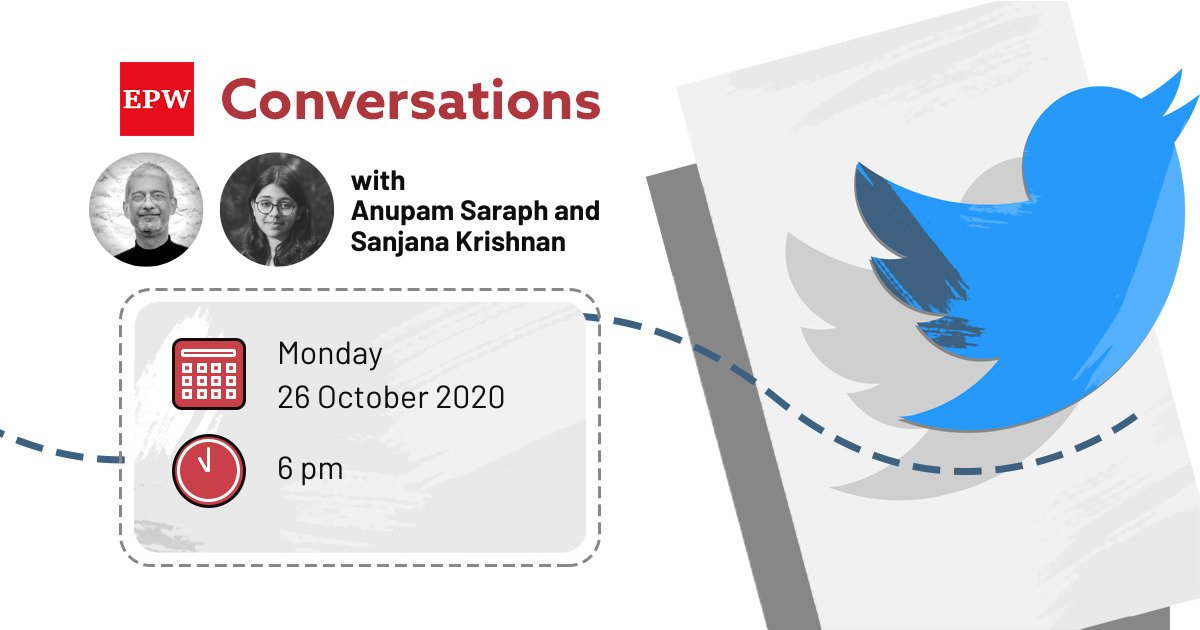
 @abhicheesecake asks you correctly identify that the percentage of PAN holders paying tax has dropped since 2013. However, India's direct tax collection has increased every year since 2019. Can this improvement be attributed to PAN-Aadhaar linkage? in.reuters.com/article/india-…
@abhicheesecake asks you correctly identify that the percentage of PAN holders paying tax has dropped since 2013. However, India's direct tax collection has increased every year since 2019. Can this improvement be attributed to PAN-Aadhaar linkage? in.reuters.com/article/india-… 
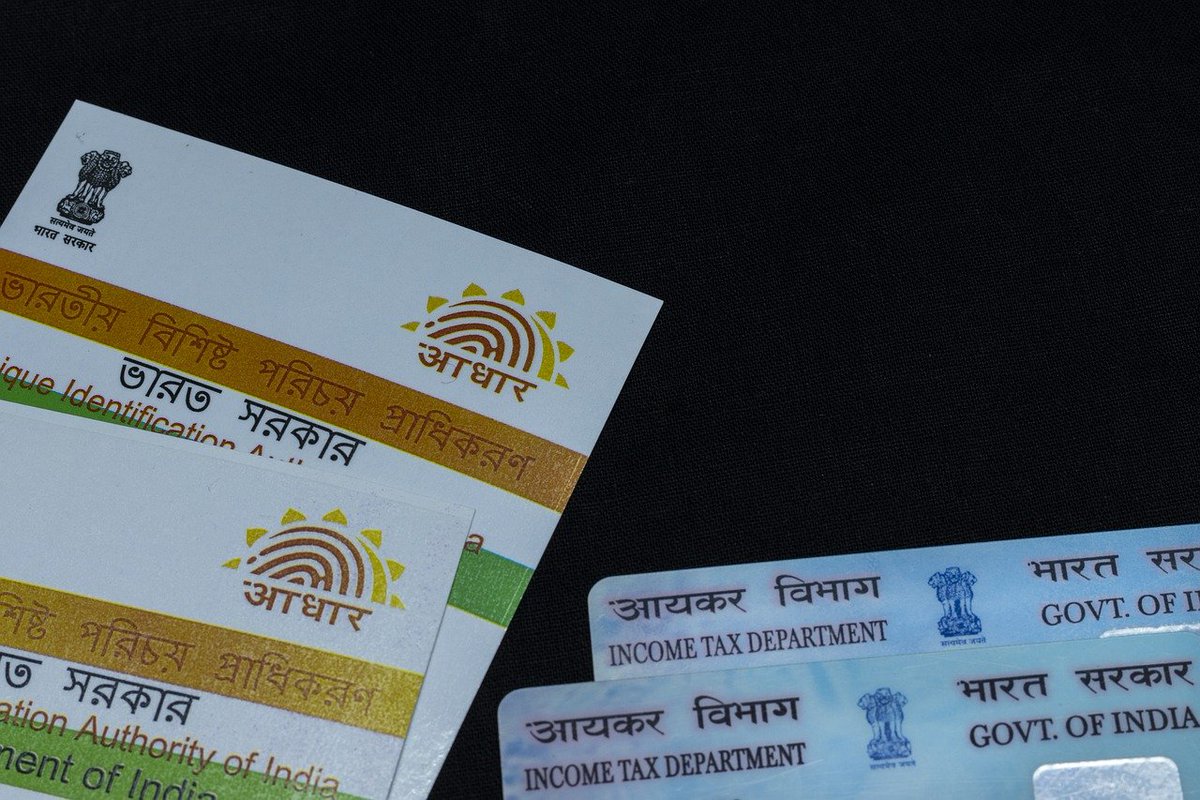
 In 2017, the Minister of State for Finance, Santosh Kumar Gangwar, in his reply to a question in the Lok Sabha, indicated that there were only 1,544 fake PAN numbers http://164.100.24.220/loksabhaquestions/annex/12/AU980.pdf
In 2017, the Minister of State for Finance, Santosh Kumar Gangwar, in his reply to a question in the Lok Sabha, indicated that there were only 1,544 fake PAN numbers http://164.100.24.220/loksabhaquestions/annex/12/AU980.pdf 
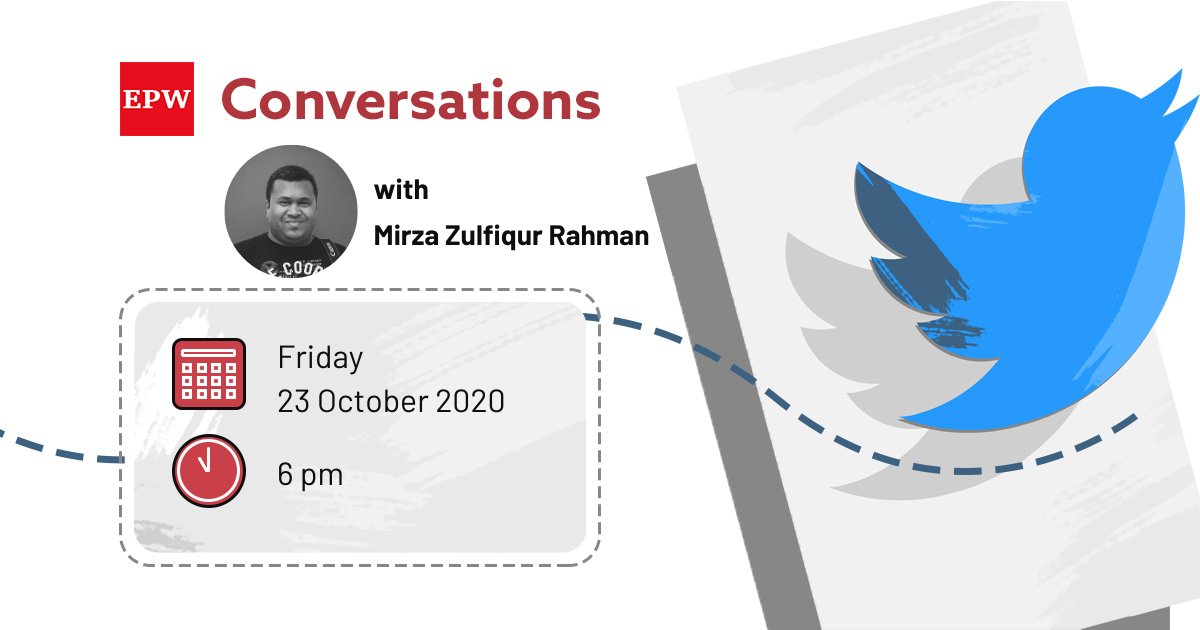
 The lived experiences of riverine communities are unique to particular river basins, of its ebbs and flows, geomorphology, social, economic and ecological histories! It is through such community imaginations and experiences that we can have a long duree understanding of the river
The lived experiences of riverine communities are unique to particular river basins, of its ebbs and flows, geomorphology, social, economic and ecological histories! It is through such community imaginations and experiences that we can have a long duree understanding of the river
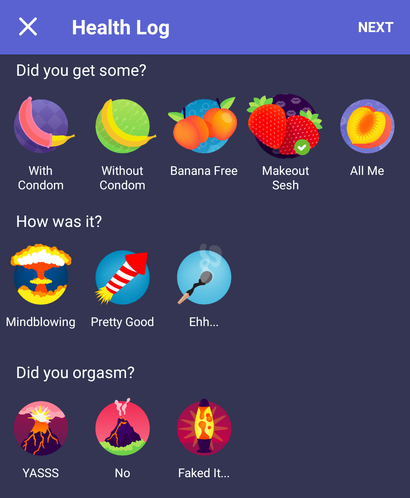
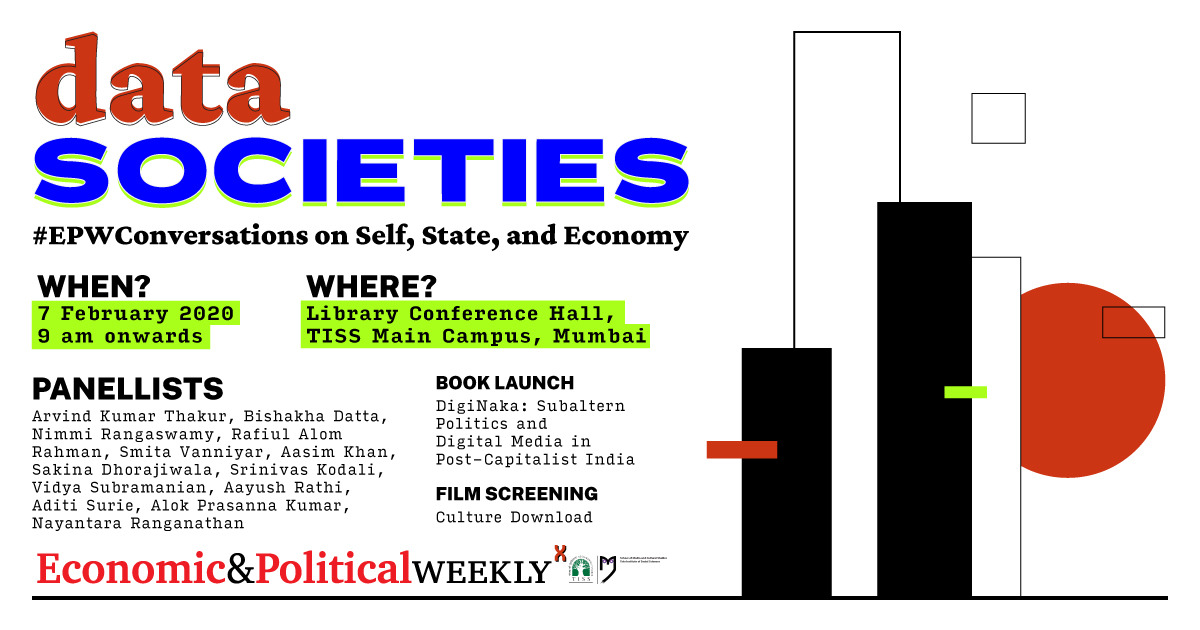
 Data is being used to influence us, and our society everywhere. Data is being weaponised during elections now, to spread misinformation using micro-targeting. This essentially involves influencing every individual, uniquely based on their personal data. | @digitaldutta
Data is being used to influence us, and our society everywhere. Data is being weaponised during elections now, to spread misinformation using micro-targeting. This essentially involves influencing every individual, uniquely based on their personal data. | @digitaldutta